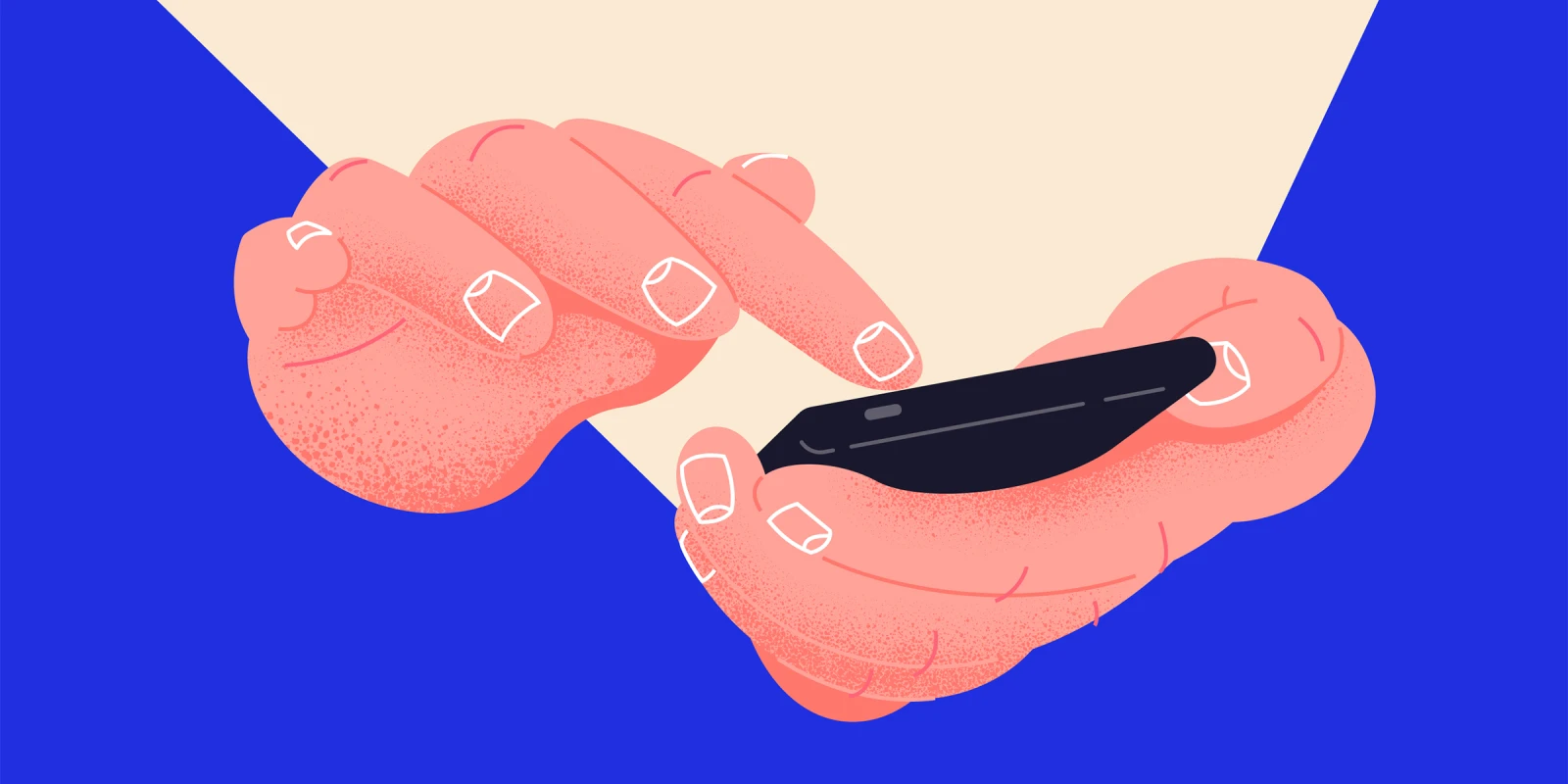When it comes to diets, whether that’s ketogenic, intermittent fasting, elimination, paleo, or Mediterranean, I’ve tried them all. Diets often include elimination of certain “harmful” foods and inclusion of “wholesome” others. When done correctly, a healthy diet and good nutrition not only protect from chronic diseases but also improve mood and increase energy levels, overall improving our quality of life and well-being.
In the digital era, there has been a recent trend toward a digital elimination diet. The thought is that a “digital detox,” i.e., voluntarily refraining from using digital devices like computers, smartphones, and other technology, can lead to less stress and improved well-being. Distaste toward technology, in particular social media, is increasing, as research is beginning to unveil the societal damage caused by such companies: Instagram worsening body-image issues and increasing rates of mental health disorders, Facebook contributing to vaccine misinformation, and TikTok linked to dangerous and rebellious behavior in adolescents. Further, prolonged leisure time spent on screen activities has been associated with violent and aggressive behavior in children.
Despite its problems, technology is here to stay. Technology has infiltrated all aspects of our professional and personal lives and has become a fundamental part of our existence. Thus, it is important that we learn how to harness its power.
Technology is not inherently good or bad, but is a tool that can be used for good or bad. The key to leveraging technology is to take an active, intentional approach as opposed to a passive, reactive one. In other words, the key to taking a healthy approach to technology is to go on a digital diet. Here are a few things to consider when starting your digital diet:
Include Health Trackers
Fitness apps, smart scales, and food and sleep diaries provide us with information about our health and help us monitor our habits. We are not consciously aware of most of our behavior, as research shows that we frequently overestimate our physical activity and underestimate the number of calories we consume. Wearing a health tracker can change this, providing us with information that helps us make informed choices, ultimately helping us become more aware and intentional. Fitness trackers such as Sleep Cycle can be used to monitor bedtime routines and sleep quality, allowing us to better understand the factors that contribute to a good night’s rest. Food trackers such as MyFitnessPal can help us log meals to better understand our nutritional imbalances, and activity monitors like Apple’s Fitness app can help us track our daily movements to better understand how much we move and sit each day. Being able to more accurately track how much we eat, walk, and sleep gives us more information about how we are doing when it comes to meeting our health goals. With information comes power that subsequently allows us to make informed choices.
Moderate Social Media Use
The use of social media has greatly expanded, but almost by accident. Oftentimes, we turn to our screens due to awkwardness or boredom rather than intentionally or with a goal in mind. Aimlessly scrolling without interacting with content can lead to feelings of isolation. Instead, taking an intentional approach to social media is more sustainable and is better overall for our health. Research suggests that social media can benefit users when users are making meaningful social connections. By interacting with content and virtually connecting with others as opposed to aimlessly scrolling, we can strengthen our real-life connections. Indeed, social media can be used to connect with colleagues and keep up to date on the latest medical research. Further, maintaining long-distance friendships is now accessible within the palm of our hands. When used in moderation, social media can be a very powerful professional tool.
Harness Portable Electronic Devices and EHRs
Admittedly, EHRs have a ways to go. While health care clinician burnout has been correlated with increased time spent using EHRs after work hours, other research suggests that increased EHR training can improve perceived efficiency and overall wellness. Indeed, while not once a part of medical training, being able to type into a computer while looking at a patient or being able to quickly pull up information on a smartphone while looking at a colleague are two valuable skills that can help with efficiency and delivery of patient care. These skills require both familiarity with the technology and experience with the software. When used correctly and purposefully, EHRs can facilitate access to information and improve quality of care and communication. With time and practice, EHRs will ultimately make documentation more efficient and delivery of care more effective.
While it may initially seem that technology has made our lives more complicated, knowing how to use the power of technology can actually improve our wellness, connectedness, and efficiency. As technology has become such a fundamental part of our lives and the lives of our patients, it is important for health care clinicians to understand technology and recognize how to use it in order. While some may argue that technology has contributed to the downfall of society, others, like me, believe that technology will improve the lives of those who know how to channel its powers. So, rather than a digital detox, I recommend that we start a digital diet.
What technology do you find most useful in your personal and professional life? Share in the comments.
Dr. Theodora (“Thea”) Lananh Tran Swenson is a resident physician at Vanderbilt University. She received a Bachelor’s of Science in Engineering: Product Design from Stanford University and a Medical Degree from the University of Colorado. She has interests in design, technology, wellness, and narrative medicine. She is a 2022-2023 Doximity Op-Med Fellow.
Image by VectorFun / Getty







